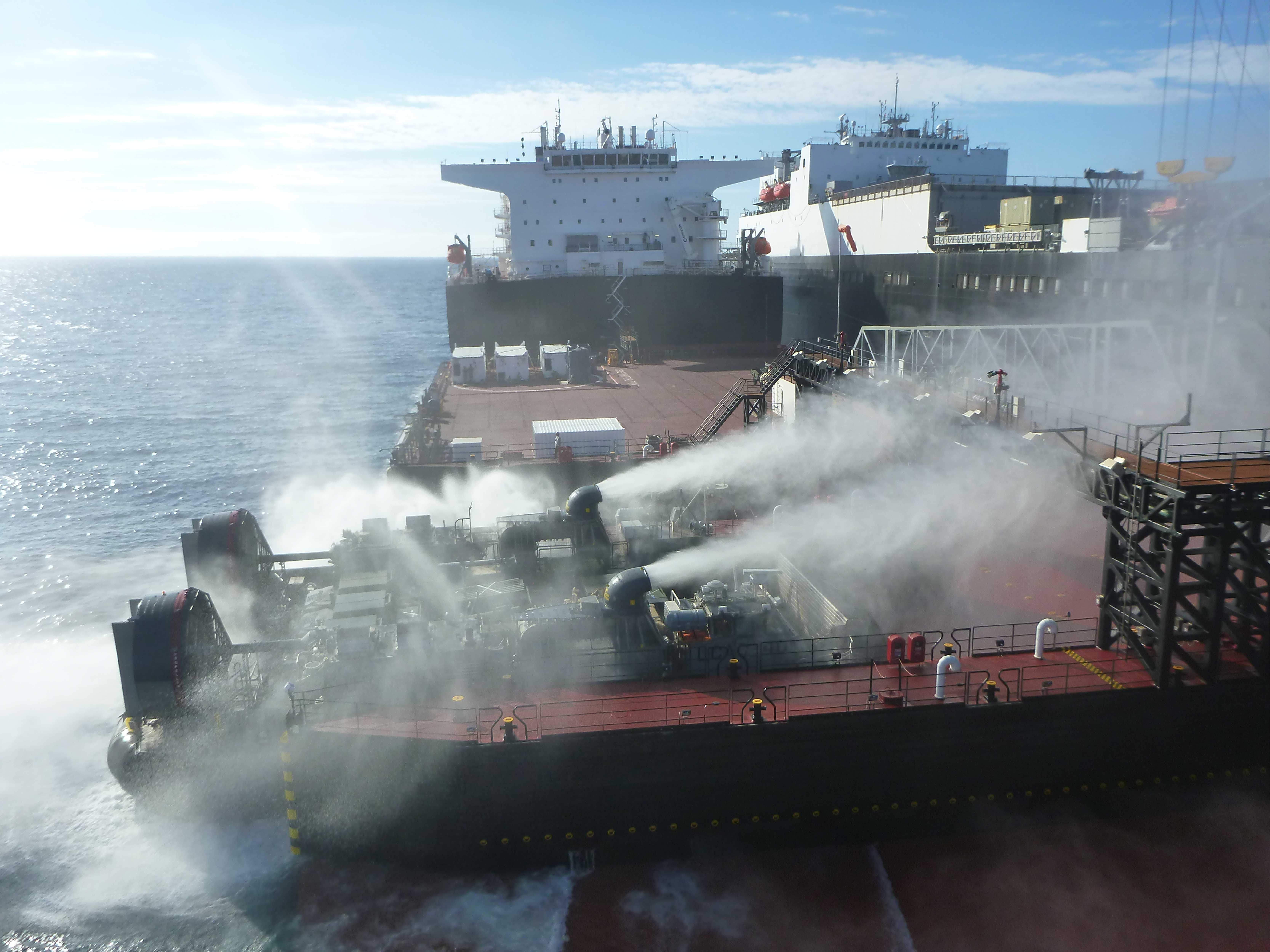Part of the issue is, in maritime matters like aviation, the international language of the business is English.
Quebec/Canada can rail against it all they like, but even the French acknowledge reality and require all of their aviators/mariners to be functional in English.
That, SKT, is actually complete bull, and the very type of bull that has been used for years (decades?) by the CAF to resist the Official Languages Act.
Now, before I expand: Mods, it seems to me this thread has long since ceased to be about the US Navy Woes. May I suggest it be split and put where it belongs, in the Navy general thread under a name like: "How can the RCN Attract More Francophones?"
Now back to the regularly scheduled program:
SKT, English is NOT the "international language of business in aviation and maritime matters". It is the agreed language of communication between airplanes and ships of different nationality or flag or between ships and airplanes and shore/land authorities when they are of a different nationality. It doesn't go past that. Both the IMO and IACO operate and publish their various guides in 20 different languages - they are after all working under the aegis the UN.
There are thirty nations in NATO and just about all of them have a navy. But only three of them are English, if you count Canada. Guess what: the other 27 navies completely work in their own language. I've been out as observer on board French, Dutch, German and Italian ships. The only language used on board was French, Dutch, German and Italian (the last three were kind enough to provide me with a bilingual officer who could help me around - not needed with the French obviously). When they communicated with other NATO countries, English was used but only if the message at issue could not be transmitted using the various encoding books (ATP's) which were available to each country in its own language. Not every officer on board could speak English.
Same goes for the Air, BTW: A french small plane pilot talking to air control in France speaks to them in French , just like other countries use their own language for internal communications.
Let me now address other points I have read earlier in this thread and bring some up of my own:
1) Posting ships in Quebec: Yes, by all means, but please not in Bassin Louise (in front of NCSM MONTCALM). That bassin is for service crafts (tugs, refuelling ships, etc.), is tight as all hell, has a narrow opening gap that is approached at 90 degrees to a current that varies between four and seven knots depending on the tide. There is, however a perfect spot, just across the River: Davie shipyard. It is currently only used at 20 to 30 percent of wharf capacity, and even if the shipbuilding strategy that now includes it is successful, it is unlikely to be more than 30 to 40 percent used at any time. Make a deal, or expropriate with proper compensation if need be, but you have the makings of a near instant dockyard with shipyard support right next door.
2) I am completely flabbergasted to read that access to French trade course is still a problem. It was already an issue in the 70's and 80's and we were constantly told in those days that the OLA was new and these things took time, but it would be coming soon. It's been more than 40 years: This is not a matter of things taking time any more, it is a matter of upper echelon pigheaded refusal to abide by their legal obligation and not being held accountable for disobeying their civilian masters. It's time the RCN lived up to its obligations.
3) On another note: It is also time the RCN stopped looking at French courses as merely English courses given in French to French-Canadians so they can "integrate" in the "English" navy. Currently, the franco courses are taught in French, but using extensively (one would say almost exclusively) the English vocabulary. The result is franco sailors passing the course because they understand the material being taught, but only capable of working with it in English, because that is the specialized vocabulary they were taught. Well, there is a complete and proper French naval/maritime vocabulary out there, used by the French Navy and the Belgian Navy (or part of it), and used in all naval documentation, textbooks, novels, films, etc. made in the French language. It is time that it becomes the way to teach franco courses in the Navy.
4) Stop having false "Franco naval units", with the excuse of safety to make English have priority over French. If you are posted to Valcartier, you better know French, because it is a franco unit and if you try to speak to them in English on their base, you'll be drummed out of there faster than the speed of light. Why shouldn't it be the same in the RCN? The designated French ship(s) can only work in French, but not operate in French, and only tot he extent that it doesn't affect anglos onboard (or god forbid, require that they actually learn French). When you decide (RCN) that emergency pipes onboard franco ships have to be repeated in English for the safety of the anglos on board, but do not reciprocate by forcing all anglo ships to repeat emergency pipes in French for the safety of franco sailors, you are saying that only English matters and French is just nuisance to be dealt with as little as possible.
When the RCN gets serious about addressing these points above, it will attract and retain more French-Canadians. I will address more points later as need be.









